7 Natural Oils That Promote Hair Growth
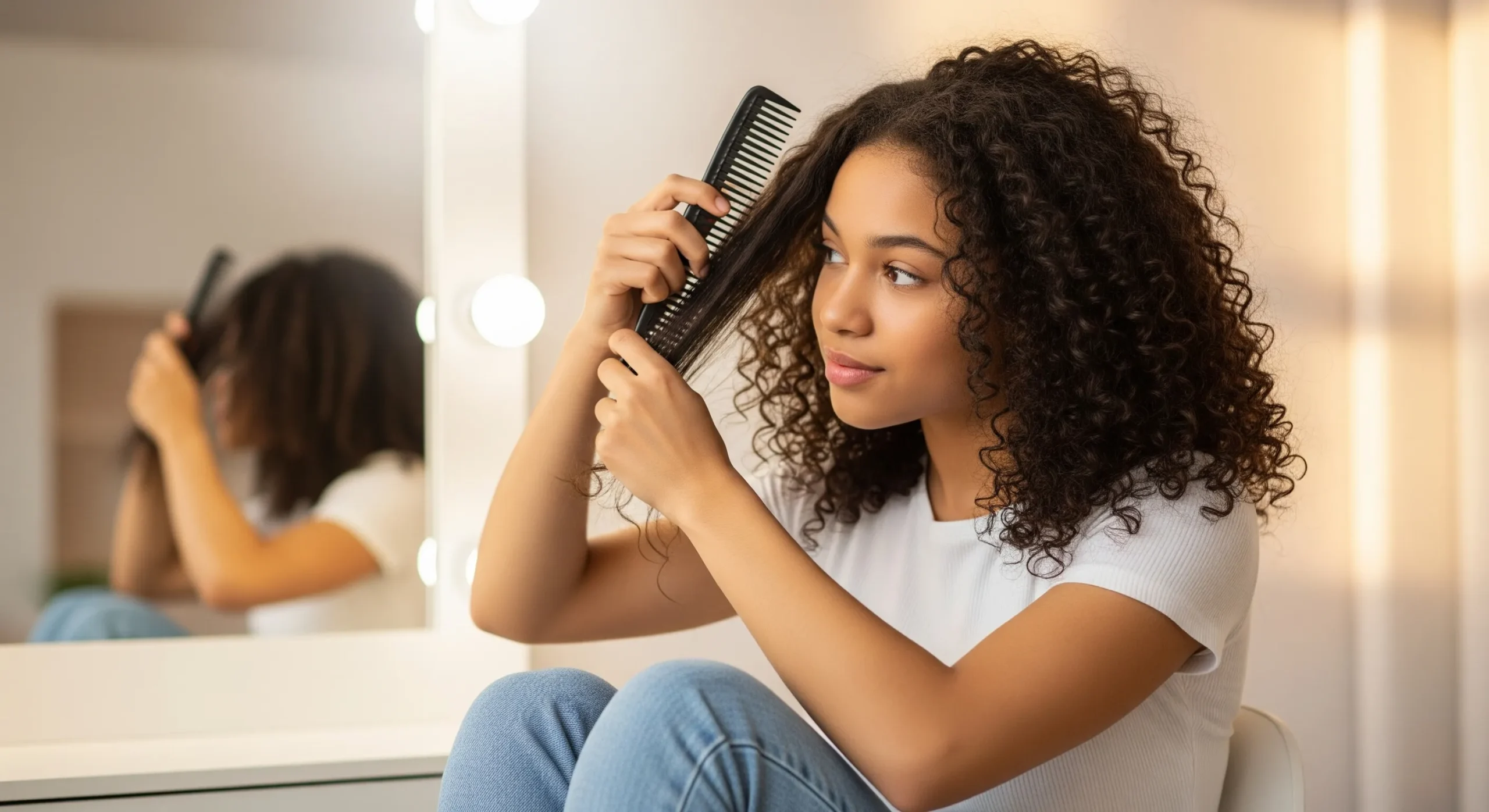
Let’s be honest—most of us have had a moment standing in front of the mirror, fingers combing through thinning hair, wondering if it’s ever going to get better. Maybe it was postpartum hair loss, the stress of life weighing you down, or just age doing its thing. I’ve been there. And while drugstore serums and salon treatments promise miracles, I found something far more comforting: nature.
Yes, natural oils. These age-old remedies, passed down by grandmothers and Ayurvedic practitioners, can do wonders. Natural oils that promote hair growth are not only affordable but also safe and deeply nourishing. They’re like soul food for your scalp.
Today, we’ll explore seven powerful natural oils that have stood the test of time. Each one has a story, a strength, and a special connection to the cultures that use them.
Let’s dive deep into this treasure trove of hair-healing oils.
1. Coconut Oil – The Timeless Healer of Hair
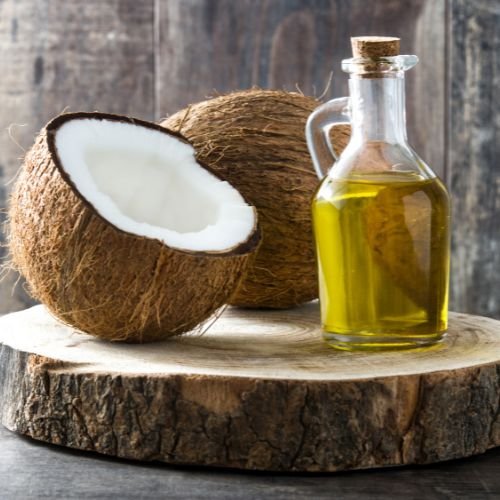
Ask anyone in South Asia about their secret to long, shiny hair, and chances are they’ll smile and say, “Coconut oil.” It’s not just an oil; it’s a ritual.
This oil penetrates the hair shaft better than most others due to its low molecular weight. That means it doesn’t just sit on your hair—it nourishes from within. Rich in lauric acid, coconut oil helps reduce protein loss in both damaged and undamaged hair. That’s huge because protein is what gives your hair strength.
I remember my grandmother warming coconut oil and massaging it into my scalp every Sunday. The warmth, the scent—it was therapy. And guess what? Science backs it up too. Coconut oil fights dandruff, reduces breakage, and adds unmatched shine.
Why it works:
-
Deeply penetrates the scalp.
-
Strengthens roots and strands.
-
Fights scalp infections.
How to use it:
Warm a few tablespoons, massage into your scalp, and leave it overnight. Wash off with a mild shampoo the next morning.
2. Castor Oil – The Thickening Powerhouse
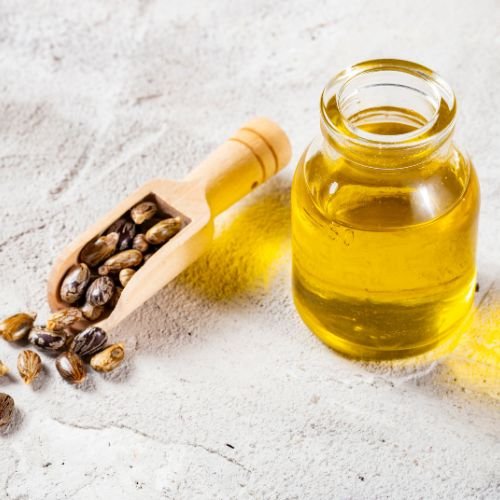
If coconut oil is the comfort food, castor oil is the protein shake. It’s thick, sticky, and a little intimidating at first. But its results are worth it.
Castor oil is loaded with ricinoleic acid, which improves blood circulation to your scalp. This, in turn, boosts hair follicle health and stimulates new hair growth. It’s also rich in vitamin E and omega-6 fatty acids.
Personally, I found castor oil helpful during my postpartum shedding phase. Just a month of use and those baby hairs began to show up around my forehead like tiny miracles.
Why it works:
-
Stimulates blood flow.
-
Nourishes dormant follicles.
-
Prevents split ends and breakage.
Tips:
-
Mix with coconut or almond oil to make application easier.
-
Apply once or twice a week.
Pro Tip: Don’t expect castor oil to work like magic overnight. Be consistent for at least 4–6 weeks.
3. Argan Oil – Liquid Gold from Morocco
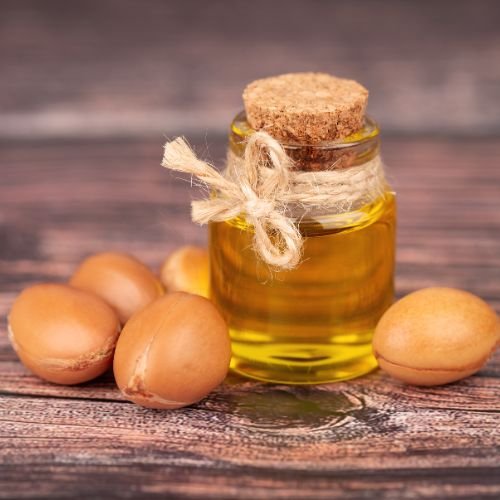
Nicknamed “liquid gold,” argan oil is a luxury that your hair will thank you for. It’s extracted from the kernels of the argan tree found in Morocco. What makes it unique is its incredibly rich composition—antioxidants, vitamin E, and essential fatty acids.
If your hair is dry, brittle, or heat-damaged, argan oil can be a savior. It softens, tames frizz, and creates a protective layer around your strands. It doesn’t just help hair grow, it helps hair thrive.
Key benefits:
-
Repairs damaged strands.
-
Locks in moisture.
-
Adds a soft, silky texture.
How to use:
Use a few drops as a serum after showering or mix with your conditioner. You don’t need much—a little goes a long way.
| Nutrient | Function |
|---|---|
| Vitamin E | Enhances shine, prevents dryness |
| Oleic Acid | Reduces scalp inflammation |
| Linoleic Acid | Keeps scalp hydrated |
4. Rosemary Oil – The Natural Minoxidil Alternative
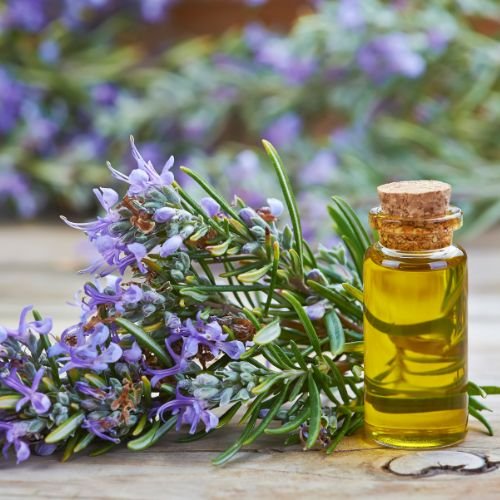
Here’s where things get exciting. Studies have shown that rosemary oil performs just as well as minoxidil—the active ingredient in many hair loss treatments—without the side effects.
This essential oil stimulates blood circulation, encourages nerve growth, and even improves cellular generation. I’ve used diluted rosemary oil for my temples, and within 8 weeks, I saw visible thickening.
What makes it powerful:
-
Boosts scalp circulation.
-
Stimulates dormant hair follicles.
-
Helps reduce patchy hair loss.
How to apply:
Mix 5 drops with a carrier oil like jojoba or coconut and massage it into your scalp. Let it sit for at least 30 minutes before rinsing.
5. Jojoba Oil – The Scalp Balancer
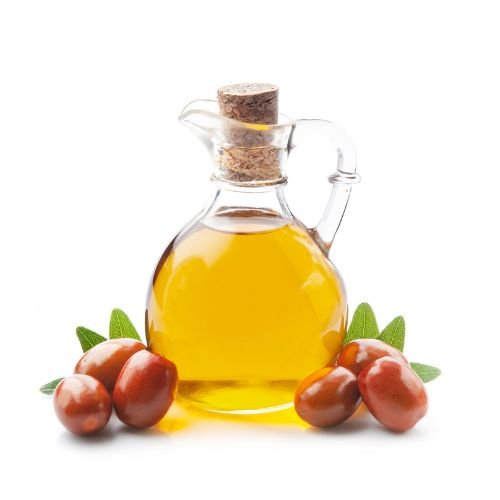
Your scalp has a natural oil called sebum. And jojoba oil is the closest thing to it. That’s what makes it so unique.
Jojoba oil doesn’t just sit on the surface. It mimics your natural oils, helping balance oil production, unclog pores, and create a healthier environment for new hair growth. If you suffer from oily roots and dry ends, this is your go-to oil.
During the humid summers here, jojoba oil helped keep my scalp from going crazy. No itchiness, no grease—just balance.
Benefits:
-
Controls scalp oiliness.
-
Prevents clogged hair follicles.
-
Nourishes without greasiness.
Best use case:
Use as a pre-wash scalp massage or even as a leave-in treatment for dry ends.
6. Amla Oil – India’s Secret to Lush Hair
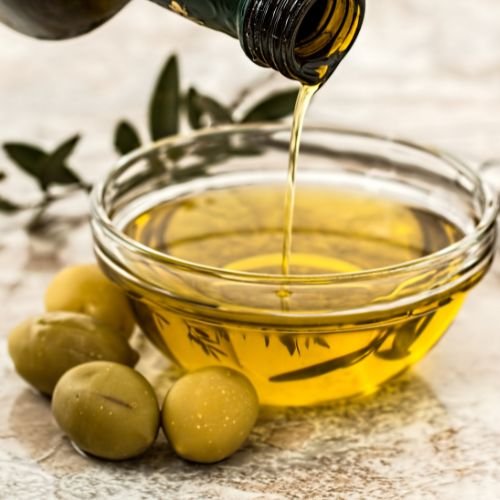
Amla, or Indian gooseberry, is a powerful antioxidant. It’s been used in Ayurvedic medicine for centuries, especially for thickening hair and preventing premature graying.
When infused in a carrier oil like sesame or coconut, amla oil becomes a rich, vitamin C–packed hair tonic. It strengthens hair roots, prevents dandruff, and supports follicle health.
A friend of mine, who had significant shedding due to stress, started using amla oil regularly—and within two months, her volume returned. It’s like giving your scalp a multivitamin.
Key actions:
-
Boosts collagen production in scalp.
-
Strengthens hair follicles.
-
Slows premature graying.
Traditional Tip: Warm amla oil and apply it before bedtime for best results.
7. Peppermint Oil – The Cooling Stimulator
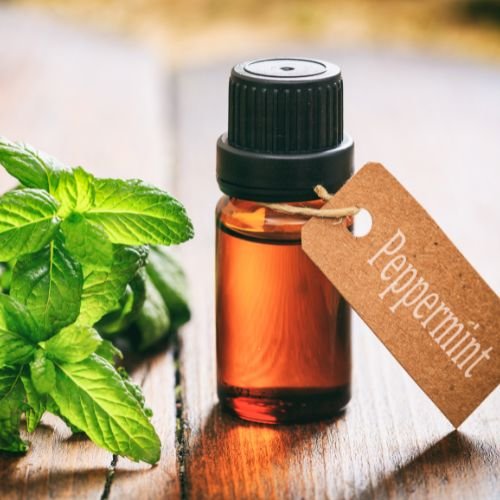
Ever applied something that made your scalp tingle—in a good way? That’s peppermint oil at work. It increases blood flow, which means your hair follicles get more oxygen and nutrients.
Research shows peppermint oil increases follicle depth and overall hair count. I use it whenever I feel my scalp is “tired” or needs a refresh. Just the cooling sensation makes it feel like a spa moment at home.
Why it stands out:
-
Improves circulation instantly.
-
Gives a refreshing feeling.
-
Fights itchiness and inflammation.
Important note: Always dilute peppermint oil—mix 3–5 drops with a carrier oil. Apply twice a week.
The 7 Natural Oils That Promote Hair Growth
Here’s a quick comparison of the oils and their top benefits:
| Natural Oil | Main Benefit | Best For |
|---|---|---|
| Coconut Oil | Deep nourishment | All hair types, dry scalp |
| Castor Oil | Thickening & regrowth | Thinning edges, postpartum hair |
| Argan Oil | Repair & moisture | Damaged, color-treated hair |
| Rosemary Oil | Follicle stimulation | Patchy hair loss, slow growth |
| Jojoba Oil | Scalp oil balance | Oily scalp, dandruff |
| Amla Oil | Antioxidant power | Weak, prematurely graying hair |
| Peppermint Oil | Circulation & refreshment | Tired scalp, slow regrowth |
Final Thoughts: Let Your Hair Flourish Naturally
Choosing natural oils that promote hair growth is more than just a beauty decision. It’s a return to self-care. A commitment to slowing down, massaging your scalp, breathing in earthy aromas, and letting your body respond in its own time.
Hair growth is a journey. No shortcuts. But these oils—backed by tradition, science, and experience—can make the road smoother.
So take a little time each week. Choose an oil that speaks to your need. Light a candle. Warm the oil. Massage with intention.
Because sometimes, the most beautiful changes begin with the simplest rituals.
